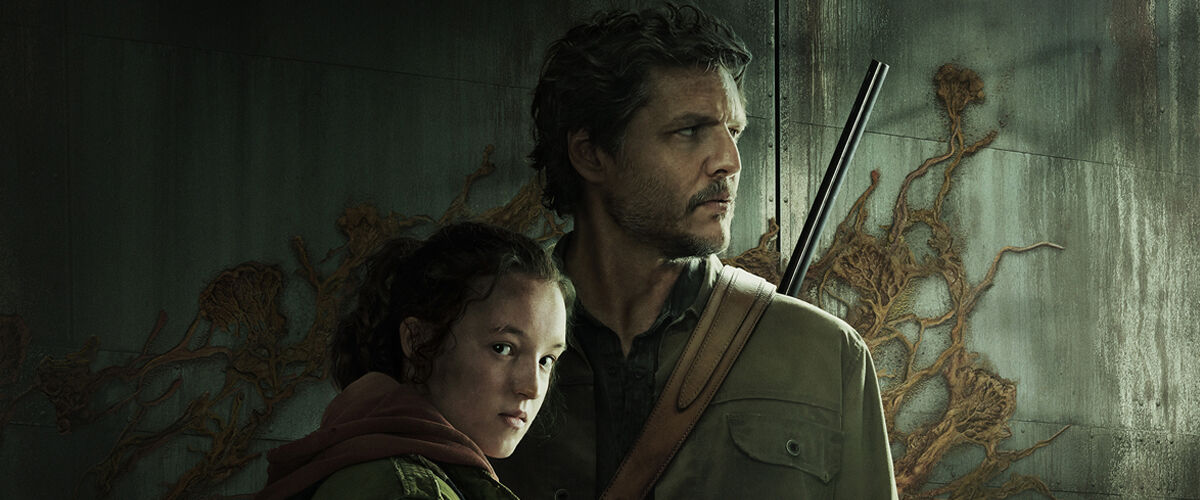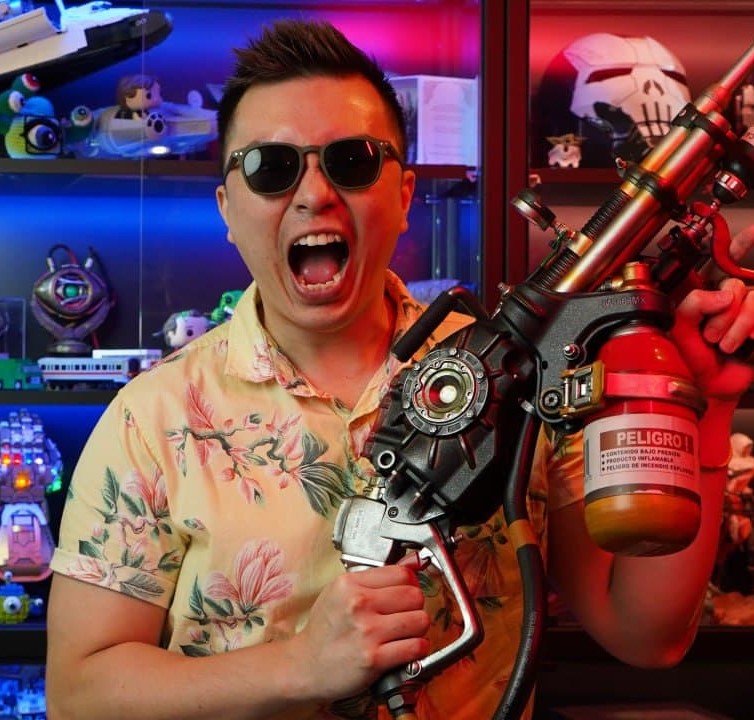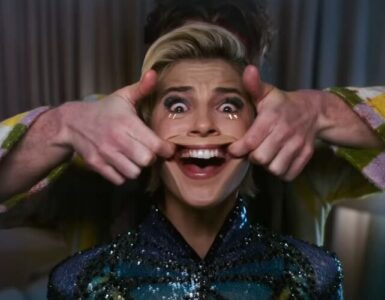Ever since HBO picked up The Last of Us game-turned-TV series adaptation in 2020, there has been cautious optimism that the hit game’s captivating narrative could be brought to life without losing any of its tension, drama, and of course, action. With the star power of Pedro Pascal (The Mandalorian, The Unbearable Weight of Massive Talent) as co-leads Joel, and Bella Ramsey (Game of Thrones, The Worst Witch) as Ellie, the iconic duo were off to a great start.
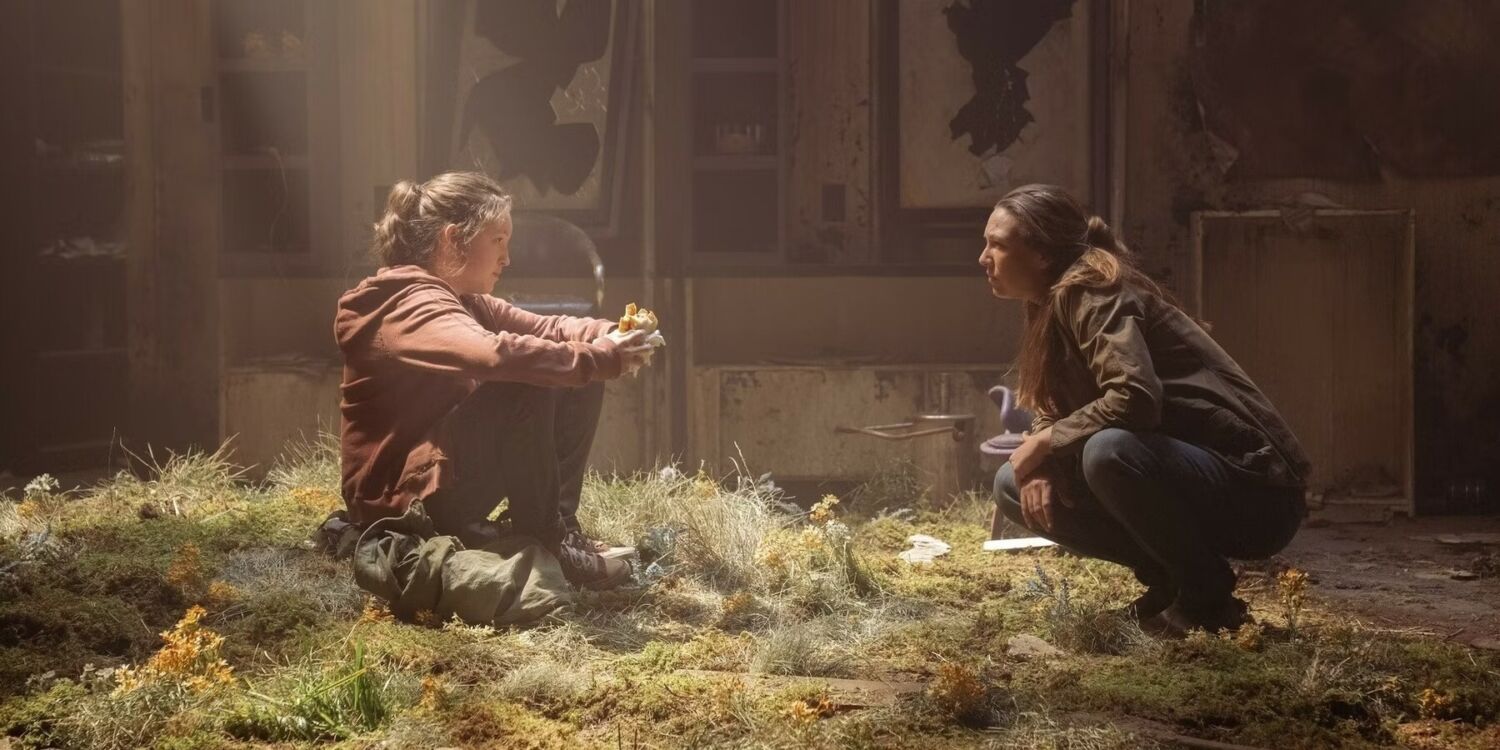
Right from the start, the HBO series prepares viewers for the inevitable losses suffered by mankind against an overwhelming enemy, warning us about the potential of fungal mutation and the impossibility of a cure way back in 1968. Against the backdrop of the COVID-19 pandemic, the real life parallels are clear and made even more worrisome, which perhaps sets the stage for the perfect debut in January 2023.
The mounting unease builds as we are introduced to Joel and his daughter, Sarah (Nico Parker, Dumbo), whose chemistry instantly makes them likeable, and more importantly, heightens the sense of loss when things predictably go wrong as the mutated strain of the Cordyceps parasitic fungal infection sweeps across the globe.
20 years later, we rejoin Joel in a new reality, playing his part as a smuggler making ends meet in totalitarian quarantine zones, while the rebel militia group, the Fireflies, try to enact its own control. It doesn’t take long for Ellie to make her appearance, as well as the other characters includingTess (Anna Torv, Fringe), Marlene (Merle Dandridge, Station 19), Bill (Nick Offerman, Parks and Recreation), Riley (Storm Reid, A Wrinkle in Time) and more.
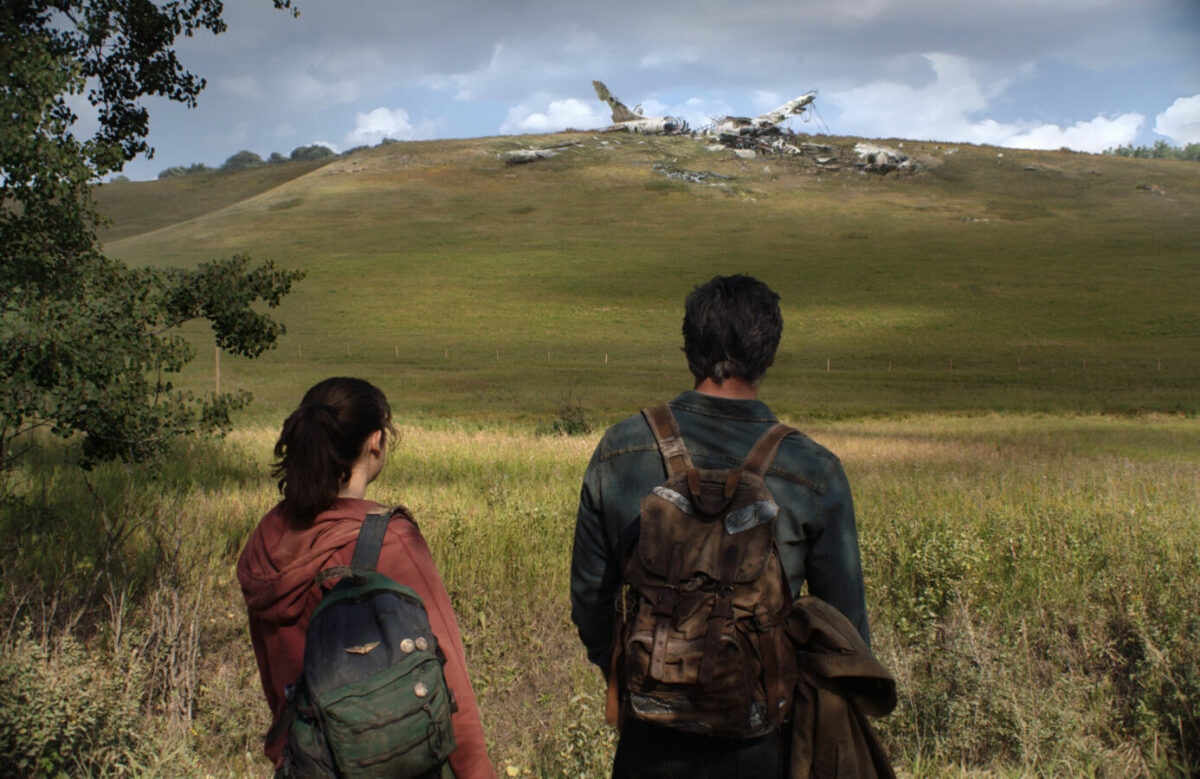
The post-apocalyptic and horror vibes are strong with The Last of Us, as HBO goes all in on setting the mood quite nicely for most of the series’ runtime, illustrating a world gone up in flames and now populated by flesh-eating infected and the infinitely more dangerous Clickers. Whether it is in the past or the series’ present timeline of 2023, there is always plenty of tension when the monsters are in the room, be it the inhuman or the fungal variety.
Granted, the HBO show does deviate from its source material, both in smaller as well as significant ways, which we will not get into due to spoilers, but none of it gets in the way of the narrative in The Last of Us. The pacing is more than brisk to keep the viewer engaged and invested, with action-heavy episodes delivered in equal measure to more character-focused ones that contain multitudes of emotional storytelling.
At the heart of its emotional storytelling is the relationship between Ellie and Joel. Starting off rocky before metamorphosing into something real and organic, their relationship is truly a journey that has peaks and valleys, ultimately anchored by the gruff adult and plucky kid going through loss, grief, growth, and acceptance of their place in the world and the story.
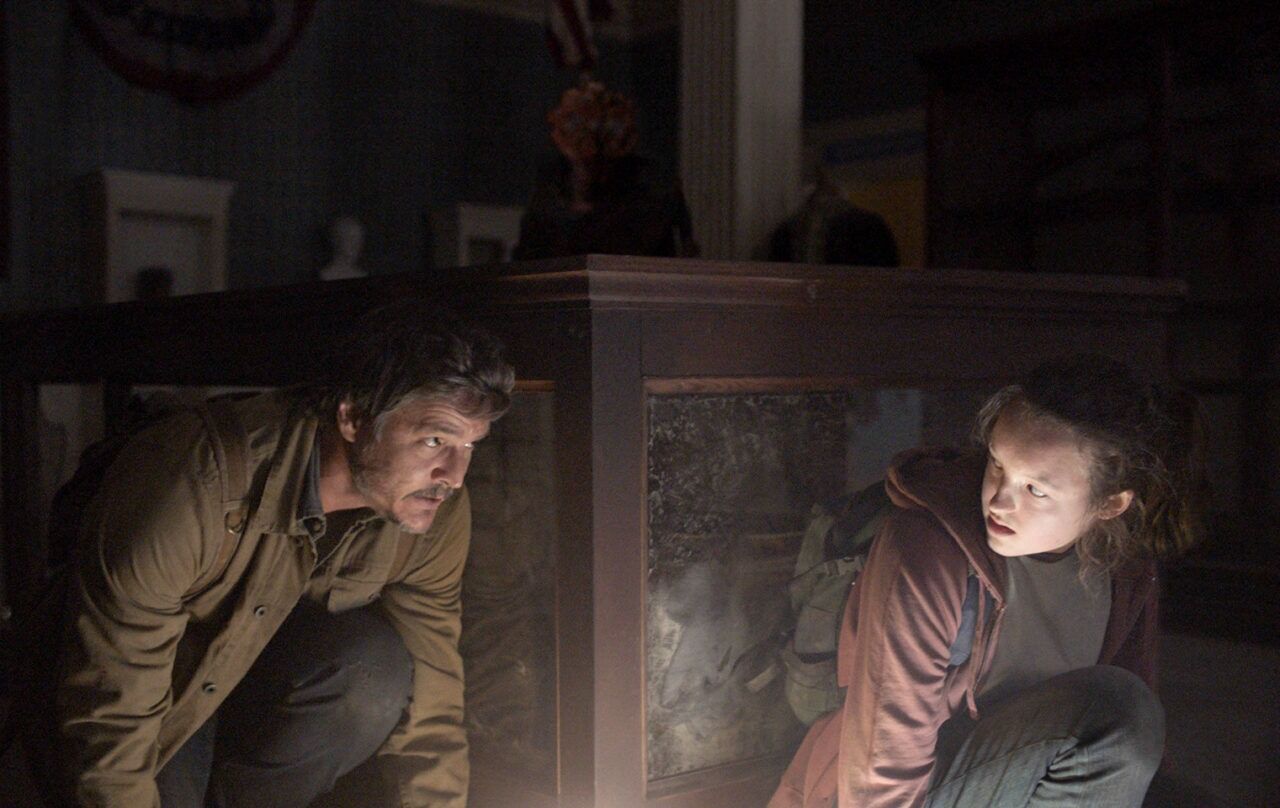
Kudos, too, to the visual and sound design for The Last of Us on HBO. Environments are believable, capturing the nitty gritty of a world gone bad, while the infected, especially the Clickers, make for terrifying sights. Add their signature cries and clicking to that, and it is the stuff of grade-A nightmares.
That said, does The Last of Us stand up for those that have not had the pleasure of enjoying its video game counterpart? Most definitely, but for players who are looking to reenter a familiar world through a different lens, there is always an added layer of enjoyment throughout the first season of this adaptation. And after nine episodes of a brutal, heartbreaking journey, a second season is the least HBO can do to continue building upon the sound storytelling foundation that The Last of Us has established using the first game as its inspiration.
From the familiar guitar twangs from the amazing Gustavo Santaolalla in the title opening, the many subtle and obvert references to the game, to the dynamics of Joel, Ellie, and everyone they meet, The Last of Us unfolds like a Director’s Cut of the acclaimed video game title, with tons of bonus material. There’s more room for character growth, both new and old, and for viewers to relate more to this world and its people.
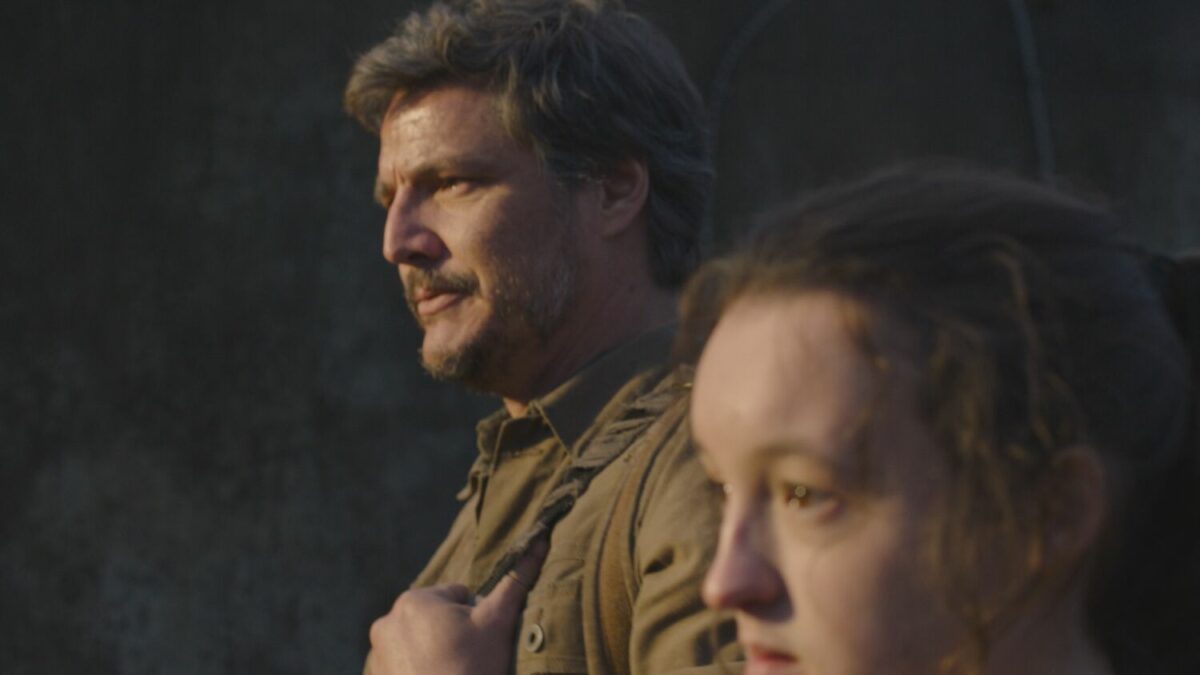
The fact that the first season is only nine episodes long sees a nice balance between trying to progress the story, while fleshing out certain characters and arcs. This bodes well, knowing that fans will likely clamour for more that follows the story of the second game as well. If HBO’s nuanced approach to The Last of Us is any evidence, then even the end of the world will be able to bring tears and excitement on this excellent ride into the infected future.
GEEK REVIEW SCORE
Summary
The first season of The Last of Us on HBO shows off excellent, emotional storytelling with strong characters that are brought to life by the cast in great fashion, even if not all the changes to the source material will work for everyone.
Overall
9/10
-
Story - 9/10
9/10
-
Direction - 8.5/10
8.5/10
-
Characterisation - 9/10
9/10
-
Geek Satisfaction - 9.5/10
9.5/10

